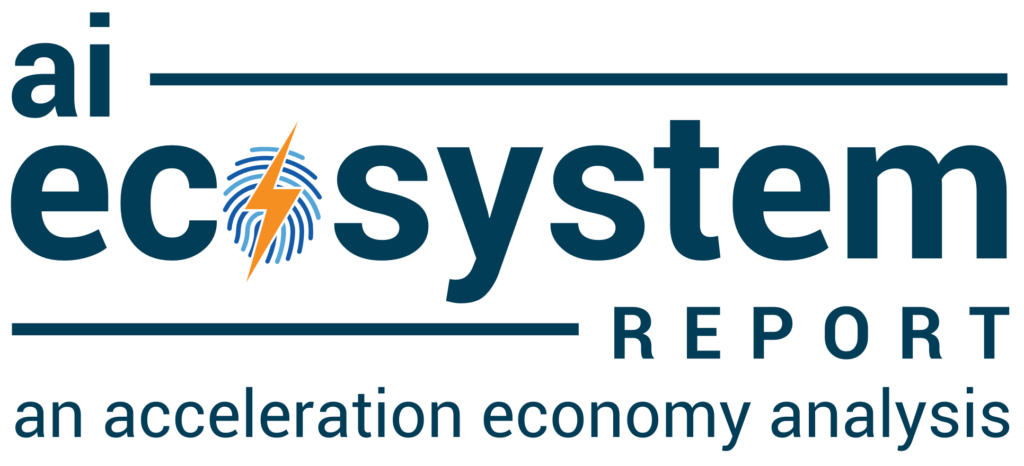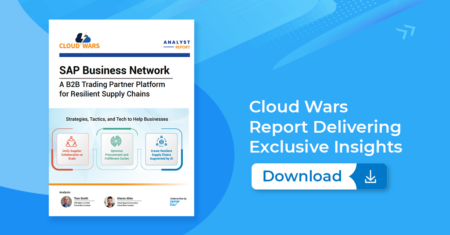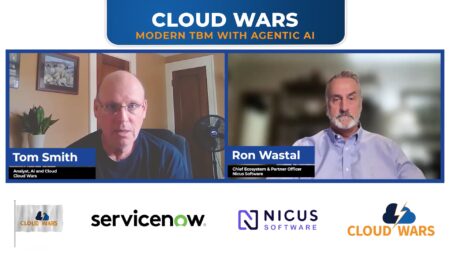
Celonis, this week, rolled out a series of AI-centric enhancements to its process intelligence software, including features that make process mining insights more broadly available to the people and systems responsible for making processes operate effectively.
The enhancements center around the Process Intelligence Graph — a system-agnostic digital twin of a company’s business that utilizes the process insights and business context of the organization. Celonis executives emphasize the “PI Graph” and its objective to operate as a “contextual layer” with process insights for how an organization works in practice. “That’s a necessary input for AI” to ensure the questions that employees pose of AI systems correctly align KPIs to relevant business functions, said Divya Krishnan, vice president of product marketing at Celonis.

The PI Graph has been enhanced with Oracle EBS (E-Business Suite) Transformations so customers can efficiently bring in data from diverse Oracle systems. Leveraging a pre-built object and events catalog, the new software enables customers to pull Oracle data in as they seek to optimize critical processes including accounts payment, procurement, order management, and inventory management.
Thousands of customers use Oracle’s EBS to manage a wide range of business functions so simplified transformations and data movement have the potential for broad impact and enhanced efficiency. Before the “transformations” were available, customers would have needed to model that data themselves in a custom way; Celonis previously offered such transformations for SAP applications, Krishnan said.

The PI Graph has also been enhanced with “Intuitive Object Selection,” which lets customers easily create cuts of data for different use cases and users. The user interface and search capabilities have both been improved for greater speed as well as ease of modeling objects and events to show relationships between incoming or outgoing data.
Above and beyond the PI Graph enhancements for Oracle EBS, Celonis is introducing a standard data ingestion API that simplifies the process of pulling in data from diverse source systems — officials cited Snowflake, Databricks, and Informatica platforms as examples of customers’ frequently used source systems.
“With millions invested in setting up that infrastructure, we know it’s important that you leverage it to maintain security and data protection as you bring that data into Celonis,” said Paul Dickinson, senior manager, product management for the company. “Now your IT team won’t have to connect from scratch to every system you want data from, saving you weeks or even months.”

The company also provided an update on the Process Copilots it unveiled late last year. As demoed during a virtual event this week, the Process Copilot can find relevant metrics and create charts to help less technical users access insights quickly and go deeper by asking questions and receiving answers. Its core objective: Put the intelligence housed in process mining systems within easy reach of as many employees as possible — often referred to as democratizing the technology. The Celonis Process Copilot is currently available on a limited basis.
The company also outlined AI-powered enhancements to some of its process- and use case-specific applications, including:
- Planning Parameter Optimization App, which provides updated material planning data based on consumption and replenishment patterns derived from a machine-learning (ML) recommendation model.
- Free-Text Requisition App, which improves spend management by quickly converting free-text requisitions to purchase order using ML-based algorithms to recommend materials or catalog items that have been previously purchased.
- Duplicate Invoice Checker, which identifies duplication that ERP systems sometimes miss.

In addition to these out-of-the-box applications, the company already offers its Machine Learning Workbench which lets customers build custom algorithms specific to their use cases and integrate results directly into their Celonis dashboards.
Other product updates detailed this week include:
- Celonis Process Management, a suite of applications including Process Designer, Navigator, and Cockpit, capitalizing on last year’s acquisition of Symbio. “You can now use Celonis’ process management to model your process and distribute that knowledge on how your process is supposed to run throughout your organization,” co-founder and co-CEO Alex Rinke says, “making sure that every user in your company knows how to execute the processes that you have designed correctly.”
- Revamped Studio experience that streamlines and improves the platform’s low-code development environment.
- Premium Process Query Engine that supports processing up to 4 times more data and speeds 3 times faster than the company offered previously.
Closing Thoughts
Collectively, these product updates reflect a sharp focus on leveraging AI to make process insights and intelligence as broadly available and accessible as possible. Integrations with other software platforms take that a step further by enhancing the ability to receive data from systems of record and share process data with those systems — working with ecosystem partners — for maximum visibility across customers’ software estates and enterprise processes.
Editor’s note: This article was originally published on June 6, 2024, and updated with additional context on June 6.









